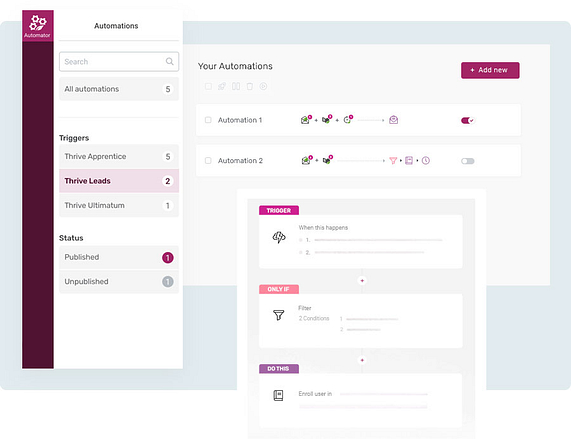
Remember that what you see online is not always a true version of reality Choose friends/followers wisely, so as not to expose yourself to content that will only upset you and/or make you feel bad about yourself.Limit your time on social media and the number of platforms you use, particularly if you find you spend most of your time creeping on other peoples’ accounts, comparing and despairing.Be conscious of how you use social media and its impact on your mood and well-being How is your mood after using social media? Are you depressed or anxious?.However, if you find your relationship with social media is becoming more stressful, here are some practical tips that may help: Many people who use social media, make comparisons and experience some level of FoMO but are not experiencing social media anxiety. It has been recommended that social media platforms should alert users if an image has been digitally manipulated by any means, to the amount of time users spend online, and to the potential risk of damage to mental health.

Being constantly contactable, while offering great advantages, can be a source of stress and anxiety.Ĭalls have been made for Government, Social Media companies and policy makers to start warning about the danger social media poses to mental health in much the same way we warn about risks to physical health. I have spoken to young people who said they feel stressed, anxious or sick with the need to respond to everything – “why did you not like my picture?, why did you not comment?” Senior students often report even greater feelings of anxiety and depression when notifications are about a previous partner and their new love interest. When we respond, our brains reward system is triggered, releasing dopamine, conditioning us for future notifications. When we don’t or can’t respond to a notification, we can feel anxious, stressed and distracted. “Beep”, “Buzz”, “Ding”, our devices are constantly demanding and dividing our attention. They can also experience anxiety from not being able to access social media, sometimes termed ‘nomophobia’ or ‘Fear of Being Offline’ (FOBO). Examples commonly given by students include, seeing all your friends at a certain location (as they have location turned on) and you were not invited/included. Young people increasingly report that FoMO is causing them distress leading to feelings of anxiety, loneliness and inadequacy. FoMO has been associated with lower mood and life satisfaction and higher levels of social media engagement which in turn results in increased experiences of FoMO. It is characterized by constantly checking what friends/followers are doing so as not to miss out. ‘Fear of Missing Out’ (FOMO)įear of Missing Out, refers to anxiety or worry that activities/events/occasions are taking place without you.

Research also shows that image focused sites such as Instagram and Snapchat, are the most detrimental to young people’s mental health and well-being. This is exacerbated when we use multiple social media platforms, placing us at a greater risk for poor mental health outcomes including symptoms of distress, anxiety and depression. We need to ask ourselves what do we hope to achieve by sharing this? What are we looking for in return? If we are sharing for approval or validation, if we want someone to ‘like’ our picture, ‘re-tweet’ our tweet or give us a positive comment and we don’t get that response, that can contribute to feelings of inadequacy low self-esteem body image dissatisfaction and self-consciousness. Yet in the same breath they tell me they use filters on their pictures daily and take multiple pictures from different angles before deciding on the “best” picture to share –we are constantly striving for perfection. Students across Ireland tell me, “we know the images are edited so it doesn’t really affect us”. But online, we are often comparing our reality to an illusion, an image of a life, an image of perfection. It is human nature to make comparisons, we do it in real-life and we do it online. What Contributes To The Anxiety We Feel When Using Social Media?


 0 kommentar(er)
0 kommentar(er)
